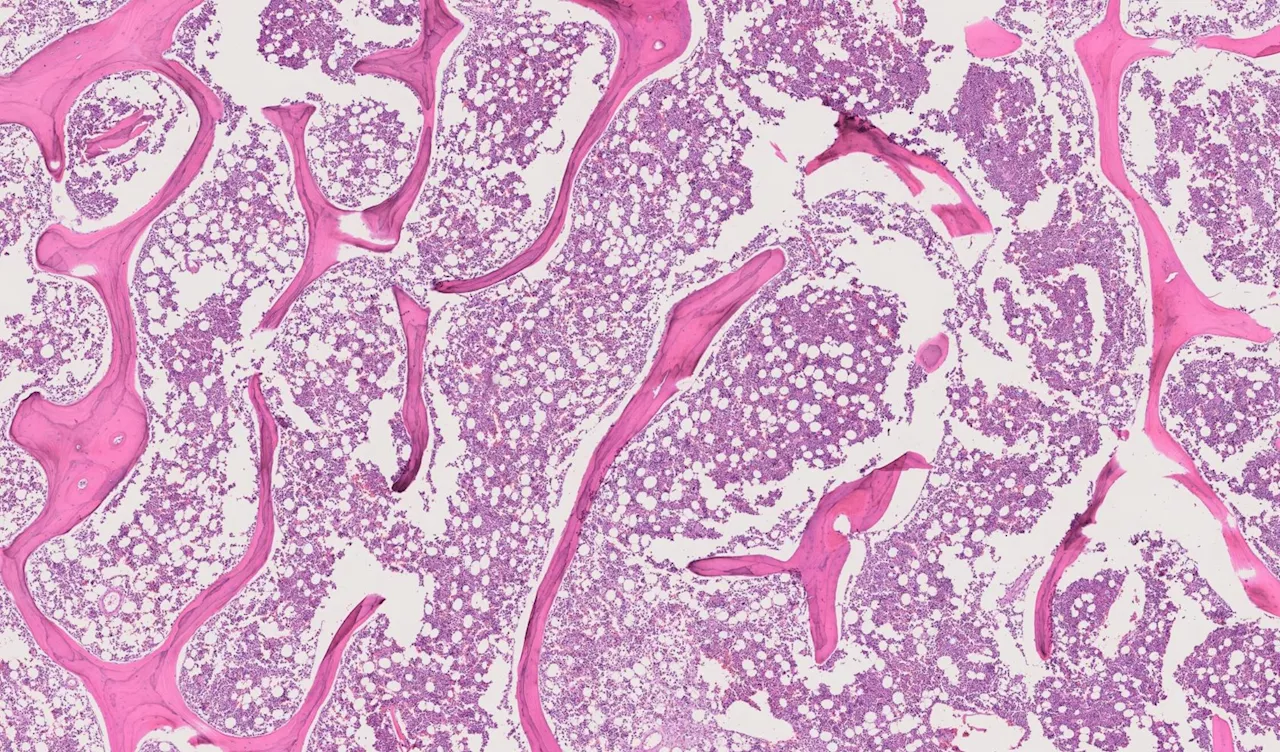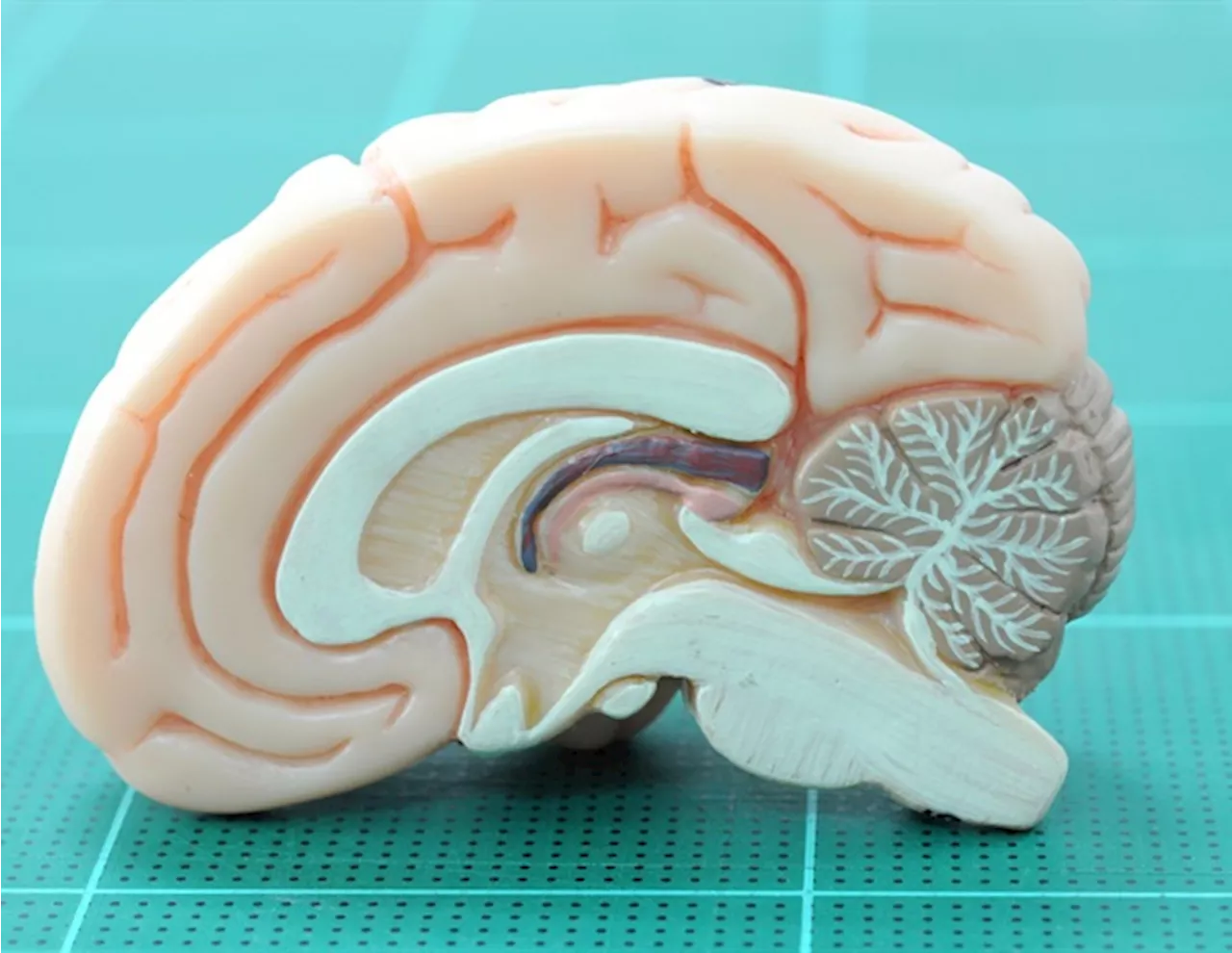Researchers propose a machine learning model for early prediction of adverse events in hospitalized patients using retrospectively collected deterioration index scores. The model's performance is compared with currently deployed early warning systems.
In a recent article published in eClinicalMedicine, researchers propose a novel predictive model based on machine learning (ML) for the early prediction of adverse events (AEs), such as cardiac arrest and death, in hospitalized patients using retrospectively collected deterioration index (DI) scores.
The performance of this tool was compared with the currently deployed proprietary early warning systems (EWSs) utilizing the DI exceeding 60 hypothesis used to predict a composite AE that includes cardiac arrest, all-cause mortality, and need for an intensive care unit (ICU) admission
Machine Learning Predictive Model Adverse Events Early Prediction Hospitalized Patients Deterioration Index Scores Early Warning Systems
日本 最新ニュース, 日本 見出し
Similar News:他のニュース ソースから収集した、これに似たニュース記事を読むこともできます。
 Researchers create machine learning model to calculate chemotherapy success in patients with osteosarcomaA research team at Johns Hopkins Medicine has created and trained a machine learning model to calculate percent necrosis (PN)—or, what percentage of a tumor is 'dead' and no longer active—in patients with osteosarcoma, a type of bone cancer. The model's calculation was 85% correct when compared to the results of a musculoskeletal pathologist.
Researchers create machine learning model to calculate chemotherapy success in patients with osteosarcomaA research team at Johns Hopkins Medicine has created and trained a machine learning model to calculate percent necrosis (PN)—or, what percentage of a tumor is 'dead' and no longer active—in patients with osteosarcoma, a type of bone cancer. The model's calculation was 85% correct when compared to the results of a musculoskeletal pathologist.
続きを読む »
 Rise in skin cancer cases underscores importance of early detection using machine learningImage-processing techniques in machine learning (ML) for skin cancer detection using clinical images.
Rise in skin cancer cases underscores importance of early detection using machine learningImage-processing techniques in machine learning (ML) for skin cancer detection using clinical images.
続きを読む »
 Machine learning sheds light on mental health challenges faced by HCWs during COVID-19 pandemicMachine learning reveals unique mental health struggles among healthcare workers during the COVID-19 pandemic, highlighting the urgent need for specialized support. The study analyzed therapy transcripts to show how healthcare professionals faced distinct challenges, including heightened anxiety and depression.
Machine learning sheds light on mental health challenges faced by HCWs during COVID-19 pandemicMachine learning reveals unique mental health struggles among healthcare workers during the COVID-19 pandemic, highlighting the urgent need for specialized support. The study analyzed therapy transcripts to show how healthcare professionals faced distinct challenges, including heightened anxiety and depression.
続きを読む »
 Machine learning paves the way for precision medicine in UTI treatmentsMachine learning (ML) algorithms that predict antibiotic resistance in complicated urinary tract infections.
Machine learning paves the way for precision medicine in UTI treatmentsMachine learning (ML) algorithms that predict antibiotic resistance in complicated urinary tract infections.
続きを読む »
 Q&A: How AI and machine learning can enhance social media as a public health toolHealth organizations such as hospitals, medical clinics, pharmaceutical companies and community health centers are increasingly turning to social media to promote their brand and connect with patients by delivering personally tailored content and expanded access to high-quality medical services.
Q&A: How AI and machine learning can enhance social media as a public health toolHealth organizations such as hospitals, medical clinics, pharmaceutical companies and community health centers are increasingly turning to social media to promote their brand and connect with patients by delivering personally tailored content and expanded access to high-quality medical services.
続きを読む »
 Transforming brain research with AI and machine learningUsing machine learning, researchers are able to use data from the brain to glean deeper insights and apply this new knowledge in clinical settings.
Transforming brain research with AI and machine learningUsing machine learning, researchers are able to use data from the brain to glean deeper insights and apply this new knowledge in clinical settings.
続きを読む »
